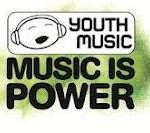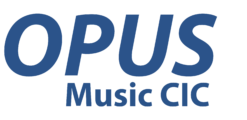New music in health residencies
As you’ve probably noticed from our lack of blogs recently, OPUS is currently on a summer break. While we’ve not been in the hospitals so much over the past month, much has been going on behind the scenes to finalise arrangements for our new residencies beginning very soon. Thanks to funding and support from Youth Music, Nottinghamshire County Council and Leicester City Council, we are delighted to announce new long-term residencies in children’s wards at three new hospitals beginning in September. These will take place at Leicester Royal Infirmary, Queens Medical Centre, Nottingham and Kings Mill Hospital in Mansfield, with OPUS musicians visiting the hospitals on a weekly or fortnightly basis. This is planned to continue until at least March 2014, though we hope to sustain these residencies beyond this date. We are extremely grateful for the support of our partner hospitals and our funding partners in making these new residencies possible. OPUS has busy and exciting times ahead, with existing residencies continuing at Derbyshire Children’s Hospital and Sheffield Teaching Hospitals alongside training programmes for musicians and healthcare staff. We’re all really looking forward to it!






